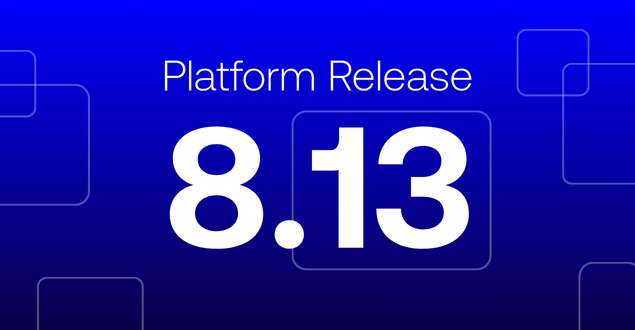Developer Productivity in numbers
%
of financial services firms report that legacy systems slow down developer productivity, making it difficult to implement new technologies and workflows efficiently*
*World Economic Forum
%
of developers struggle with productivity due to the lack of modern automation and development tools, leading to extended project timelines*
*McKinsey
%
of firms in capital markets report that poor integration between tools results in duplicated efforts and wasted resources, which hampers overall productivity*
*InStride
THE CHALLENGE
Innovation halted by resource constraints and regulations
Whether to innovate, modernize, or comply with regulations, there’s nearly always a new or ongoing demanding development project.
But both cost and talent resources are finite. And the competition for the specialist skills required to build financial markets-grade software is intense.
Plus, the need to meet the stringent regulations and requirements of building applications for this demanding industry may slow you down.

THE SOLUTION
An easier build, and much easier deployment
Speed up development, enable faster builds, and empower more of your people to create full-stack financial applications.
When the time comes to deploy, integrate the Genesis Application Platform with your existing infrastructure and operations for a release with minimal disruption.

Explore client stories
A leading Japanese bank closing a skill gap
One of the world’s biggest banks built a standardized and compliant foundation for its apps with Genesis.
Our client’s developers trained with Genesis with support on-site to ensure collaborative success.
Leading public equities firm reduced time to market
Our client’s development team built its in-house risk exposure solution using the Genesis Application platform.
The application routinely updates to boost the team’s productivity and tool’s performance and scalability.










